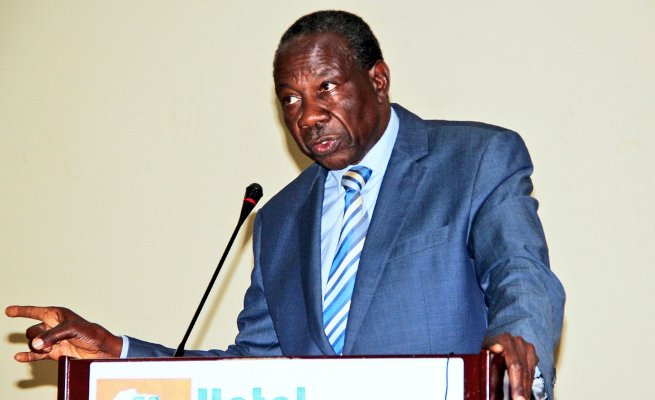By Patrick Anam
Recently, Uganda quit the International Coffee Organisation (ICO) for two years. Uganda’s decision to withdraw was based on what it claims are terms favouring coffee importers over producers.
But was Uganda right to do this? The ICO has been in place since 1963 – a year after Uganda gained Independence. So why now? And should other African countries do the same?
ICO has been the main intergovernmental organisation for coffee since the first International Coffee Agreement (ICA) entered into force, bringing together exporting and importing governments.
Its member governments represent 98 percent of world coffee production and 67 percent of world consumption. Its latest Agreement in 2007 represented the seventh deal in its lifetime.
It is also noteworthy that apart from Uganda, between 2018 and 2022 four other major coffee-producing and consuming countries — Guatemala, Paraguay, Turkey, and USA — have withdrawn from the agreement.
At the core of Uganda’s specific grievances are two. First, is the failure by the ICO to consider co-ordination around value-added coffee as opposed to just focusing on “raw” green beans. Second, Uganda is unhappy with the geographical classification of coffees at the ICO because it does not favour the country’s uniqueness as the birthplace of Robusta coffee or Ethiopia being the origin of Arabica.
These are important reforms to ask for, especially as demand for coffee products rises globally. For instance, in June 2021, Uganda’s Coffee exports amounted to 618,388 60-kilo bags worth US$ 58.56 million, the highest ever in a single month since 1991.
Ethiopia has earned more than $515 million from coffee exports in the first five months of the 2021/22 fiscal year. In July 2021, Kenya exported coffee at a value of approximately US $15.9 million.
Realistic prospects
Some of this is due to new markets in countries such as China and Turkey — which exporters need to explore further. For instance, in 2018 Kenya’s Java signed a distribution agreement with a Chinese cargo firm CJ Smart Cargo for export of Kenya’s AA Arabica coffee to China.
Ethiopia and Rwanda have begun selling their coffee to Chinese consumers through platforms such as Alibaba Group.
With the most recent China-Africa conference in November 2021 seeing China commit to create green lanes for Africa’s agricultural exports, there are realistic prospects for coffee exporters to access bigger chunks of the growing Chinese coffee market.
Yet, according to a recent International Trade Centre (ITC) report on coffee from East Africa, more than 90 percent of coffee is exported as green beans, while richer countries handle most of the transformation that adds value.
These statistics explain why Uganda has taken such a stand.
However, even if the ICO does not change, Uganda’s actions could potentially inspire other coffee-producing countries in Africa – especially the other major producers of coffee Ethiopia, Kenya and Rwanda – to join hands and collectively address the challenges their products face in other ways.
One of the suggestions being floated is strengthening the coffee sector regionally by advocating projects through the Inter-African Coffee Organisation (IACO). The IACO can spearhead the development of standards and marketing strategies.
The fact is, many market access challenges are not unique to Uganda in Africa. ITC has several suggestions that are important for value addition, namely selling roasted coffee locally and in coffee shops, selling roasted coffee from origin, and adjusting roasting and marketing to the tastes of the consuming country.
IACO can also support farmers by, for example, advocating for and coordinating the availability of trade finance to enable them to comply with various market standards. But Uganda and others should not stop there. Two more – in many ways harder – actions are also needed.
First, investment in logistics and better infrastructure is essential. Growing regional value chains is important for the development of intra-African agricultural markets and trade but necessitates improved logistics.
Second, progress on geographical indications (recognising the intellectual property behind different coffee origins) are essential for increasing the value of the exports, and possible outside of the ICO process.
Uganda and others in Africa should leverage new relationships to make progress and set higher standards for other consuming countries and the ICO itself to achieve.
The author is an international trade lawyer
Credit: Business Daily





